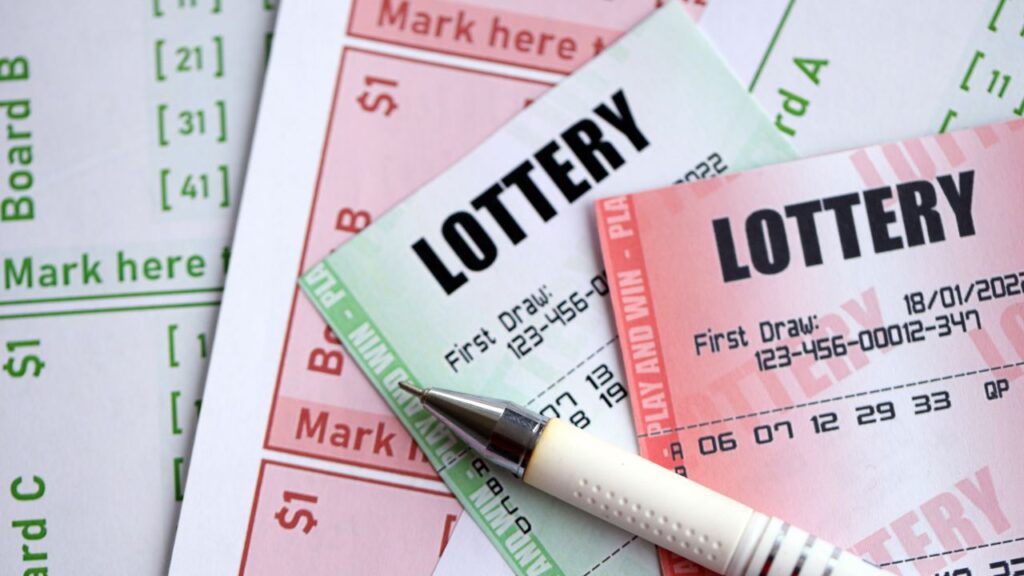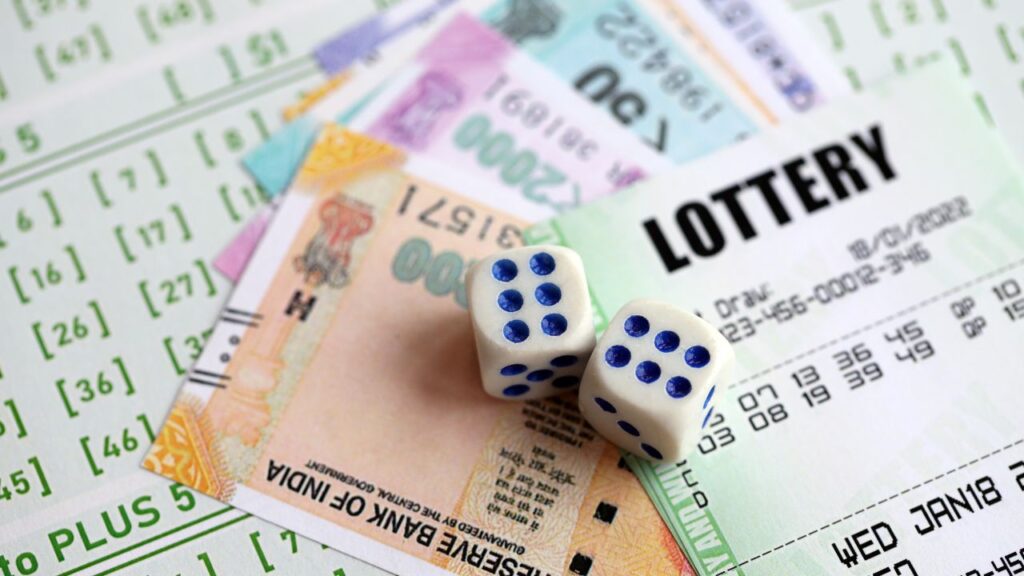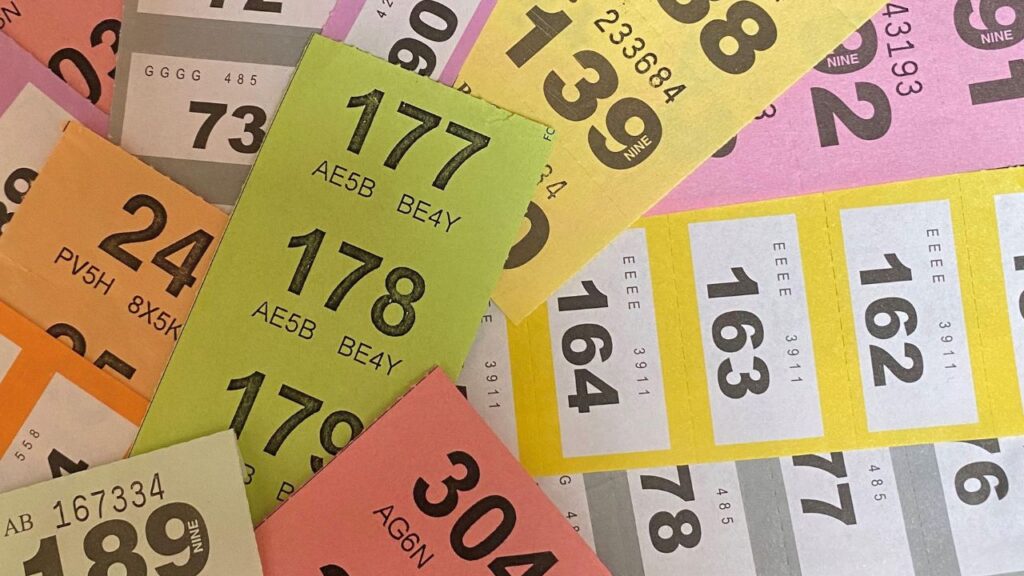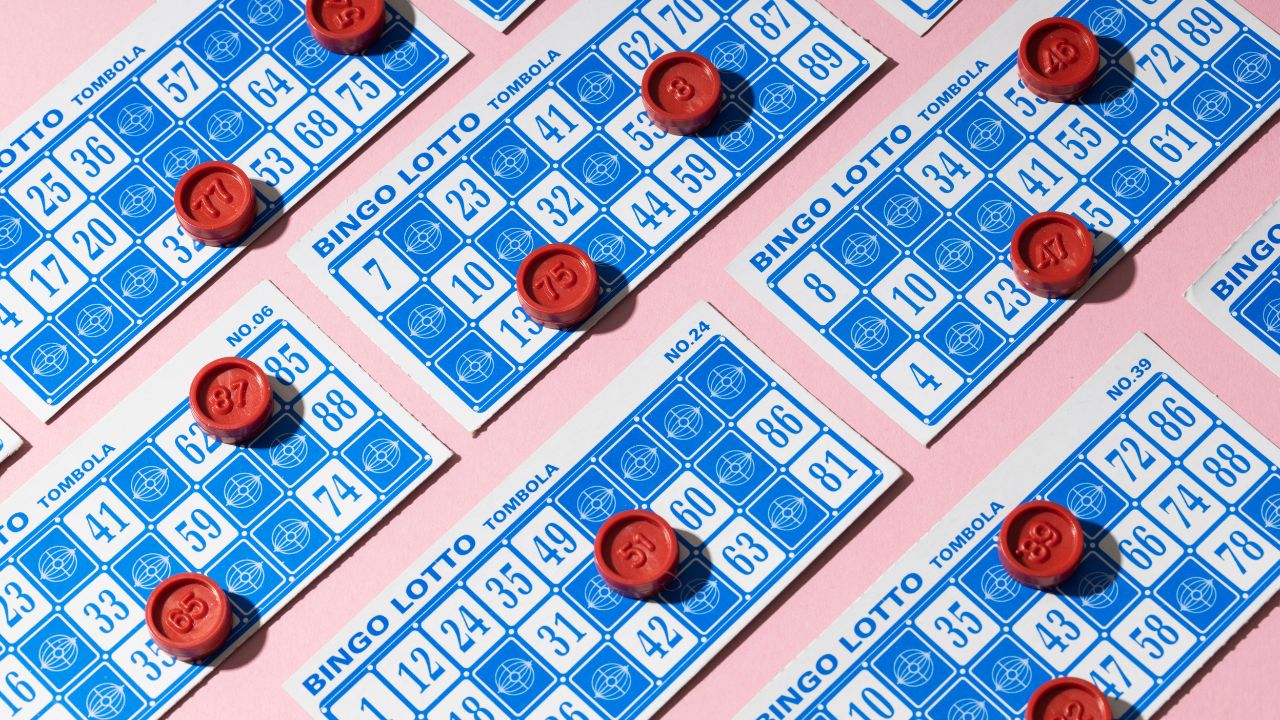Have you ever wondered why winning the lottery feels impossible? You’re not alone. Whether it’s Powerball or your local scratch-off, the odds are stacked sky-high. In fact, the chance of hitting a major jackpot can be as slim as 1 in 292 million—roughly the same as flipping a coin and getting heads 28 times in a row! But don’t worry: this guide breaks down lottery odds explained in plain English. We’ll uncover what those numbers mean, how probability really works, and how you can use this knowledge to play with clarity (and maybe a little more luck). Let’s demystify the math behind your tickets once and for all!
Ready to play smarter? Explore top lottery prediction software options today.
What Are Lottery Odds?
Simple Definition of Odds in Lotteries
Lottery odds describe the likelihood that your ticket will match a winning combination. In plain terms, odds are a way to express how many possible outcomes exist and how many of them result in a win. For example, if you’re playing a 6/49 game, the odds of picking all six numbers correctly are about 1 in 13,983,816.
The Difference Between Odds and Probability
Odds and probability are related but slightly different.
- Odds show the ratio of success to failure. For example, “1 in 14 million” means one winning combination and nearly 14 million losing ones.
- Probability is a percentage. The same odds translate to about 0.0000071% chance of winning.
Understanding both helps you see just how rare jackpots really are.
How Odds Are Calculated in Draw-Based Games
Lottery organizers use combinatorial math to count how many possible combinations exist. For example:
- In a 6/49 game, there are 49 numbers, and you must choose 6 without repeats.
- The formula is 49! / (6! × (49–6)!), which equals 13,983,816 combinations.
This calculation applies no matter which numbers you pick—every combination has exactly the same chance.
Why Lottery Odds Are So Extreme Compared to Other Games of Chance
Lotteries are designed for very low odds to allow huge jackpots. Unlike games such as roulette or blackjack—where the odds might be 1 in 2, 1 in 37, or 1 in 100—lotteries have odds in the millions or even hundreds of millions. That’s why even buying more tickets barely moves the needle on your chance to win the top prize.
Ready to try your luck? Explore Lotto Champ now.
How Lottery Odds Are Calculated

Basic Math Behind Combinations (Combinatorics)
Lottery odds are based on combinatorics, the branch of math that counts how many ways things can be arranged. In lotteries, you’re selecting a unique set of numbers, so the order doesn’t matter. The formula to calculate combinations is:
n! / (k! × (n – k)!), where n is the total pool of numbers and k is how many you choose.
Example Calculation: 6/49 Lottery Odds Step-by-Step
Let’s walk through a common 6/49 game:
- You pick 6 numbers out of 49.
- Plug into the formula: 49! / (6! × 43!)
- This equals 13,983,816 possible combinations.
So, your chance of matching all six numbers with a single ticket is 1 in 13,983,816.
Bonus Numbers and How They Affect Probability
Many lotteries add a bonus or Powerball to create an extra layer of difficulty. For example, in Powerball you must match 5 main numbers and 1 red Powerball:
- Odds for the 5 white balls: 1 in 11,238,513
- Odds for the red ball: 1 in 26
- Multiply them together: 1 in 292,201,338 jackpot odds
Adding even one bonus number drastically lowers your chances.
The Impact of Ticket Pools and Multiple Entries
Buying more tickets or joining a syndicate increases the combinations you cover. For instance, buying 10 tickets in Powerball gives you 10 chances out of 292 million—not much of an improvement. However, in smaller lotteries or office pools, combining tickets can significantly increase your odds of winning any prize while splitting the jackpot among participants.
Check out Lotto Champ and learn how it claims to improve your odds.
Lottery Odds by Game Type
Powerball and Mega Millions Odds Explained
These two U.S. games are famous for record-breaking jackpots—and their steep odds.
- Powerball requires matching 5 numbers (1–69) plus the Powerball (1–26). The jackpot odds are about 1 in 292,201,338.
- Mega Millions asks you to pick 5 numbers (1–70) and a Mega Ball (1–25), with odds around 1 in 302,575,350.
Even matching just the five main numbers without the bonus ball is incredibly rare, typically 1 in 11–12 million.
State Lotteries and Their Better Odds
State-run lotteries usually have smaller jackpots but much friendlier odds.
- For example, New York Lotto (6/59) has odds of about 1 in 45 million, which is still steep but significantly easier than Powerball.
- Canada’s Lotto 6/49 offers 1 in 13,983,816 odds for the top prize, making it one of the “easiest” mainstream lottos.
EuroMillions and EuroJackpot
- EuroMillions has jackpot odds of 1 in 139,838,160.
- EuroJackpot uses a similar structure and offers about the same odds.
While still daunting, they often include more frequent secondary prizes, with odds of winning any prize around 1 in 13–16.
Pick 3 and Pick 4 Games with Higher Chances
Daily numbers games have much better odds:
- Pick 3 (straight) odds are 1 in 1,000 for a perfect match.
- Pick 4 (straight) odds are 1 in 10,000.
Though the payouts are smaller, the chances are dramatically better compared to national draws.
Scratch-Off Odds and How to Read the Back of the Ticket
Scratch-offs often have the most approachable odds for winning something:
- Overall odds range from 1 in 2.5 to 1 in 5, depending on the ticket price and game.
- The back of each ticket (or the state lottery website) shows the odds of winning each prize tier.
Keep in mind that while the odds of winning a small amount are higher, the chance of landing the top prize is still millions to one.
Curious how it works? See Lotto Champ in action.
Common Misconceptions About Lottery Odds

“This Number Is Overdue, So It’s Due to Hit”
Many players believe if a number hasn’t appeared in a while, it’s “due.” This is called the Gambler’s Fallacy. In reality, each draw is independent, and past results don’t affect future outcomes. A number that hasn’t come up in 100 draws still has the exact same odds next time.
“Quick Picks Never Win”
Quick picks—computer-generated random numbers—are just as likely to win as hand-picked combinations. In fact, most jackpot winners used quick picks simply because that’s how most tickets are sold.
“Buying Tickets in a Certain Store Increases Your Odds”
Some people think certain locations are luckier because they’ve sold winning tickets before. But no store has magical odds. Every combination has the same probability, no matter where you buy your ticket.
“Picking Birthdays Improves Your Chances”
While birthdays feel personal, they limit your range to numbers 1–31, reducing combinations and often causing more shared winners if you do hit the jackpot. Choosing a wider range doesn’t increase your odds of winning—but it could help you avoid splitting the prize.
Why Randomness Can’t Be Predicted
Lotteries use certified machines or computer algorithms to ensure randomness. No system, software, or superstition can accurately forecast future draws. Understanding this helps you approach the game with realistic expectations and play for entertainment, not guaranteed returns.
Visit the Lotto Champ official page for full details.
How to Interpret Overall Odds vs Jackpot Odds

The Difference Between Odds of Winning Any Prize and the Jackpot
When you see lottery ads, you’ll often notice two sets of odds:
- Jackpot odds refer to the chance of matching every number perfectly. For Powerball, that’s about 1 in 292 million.
- Overall odds describe the chance of winning any prize, even a small one. In Powerball, that’s about 1 in 24.9, since many prizes require matching just one or two numbers.
How Many People Win Smaller Prizes in Every Draw
Every drawing produces thousands or even millions of smaller winners. These include prizes like:
- $4 for matching just the Powerball
- $7 for matching a few numbers
- $100 for mid-tier combinations
While most of these amounts are modest, they show that lower-tier wins happen frequently.
Real Examples of Payouts by Prize Tier
For example, here’s how Powerball prizes break down:
- Jackpot (5 numbers + Powerball): 1 in 292,201,338
- $1 million (5 numbers): 1 in 11,688,054
- $50,000 (4 + Powerball): 1 in 913,129
- $100 (4 numbers): 1 in 36,525
- $4 (just Powerball): 1 in 38
Why Focusing Only on the Jackpot Skews Perception
Most players fixate on the headline jackpot odds, making the game feel hopeless. But if you look at the full prize structure, you’ll see that winning something is far more common than winning everything. Understanding this can help you set better expectations and appreciate small wins without feeling discouraged.
Start using Lotto Champ and explore its prediction features today.
Strategies to Improve Your Chances (Slightly)

Joining a Lottery Pool or Syndicate
Pooling money with friends, coworkers, or family lets you buy more tickets without spending more individually. While you’ll split any winnings, this approach increases your chances of hitting some prize because you cover more number combinations.
Choosing Games with Fewer Numbers
Not all lotteries are created equal. Smaller regional games often have better odds. For example, a 6/42 lottery has significantly higher chances of winning compared to a 5/69 + 1/26 format like Powerball. Though jackpots are smaller, the odds are far less intimidating.
Playing Consistently but Within Budget
Regular play can feel rewarding and keeps you in the game, but it’s crucial to stick to a budget. Buying extra tickets does improve your odds marginally—but never risk money you can’t afford to lose.
Using Wheeling Systems and Number Tracking (With Caution)
Wheeling systems let you cover more combinations by creating multiple tickets with overlapping numbers. They can slightly improve your chance of winning a lower-tier prize, but they also cost more per draw. Remember, no system can overcome pure randomness.
Setting Realistic Expectations About Any Strategy
Even the best strategy can’t change the math. Lotteries are designed to favor the house, and no approach guarantees a win. Use these tactics to make playing more structured and fun, but always treat tickets as entertainment—not an investment plan.
Learn more about Lotto Champ and its unique lottery strategies.
The Psychology of Lottery Odds

Why People Overestimate Their Chances
Humans are wired to spot patterns and believe in luck. When we hear about winners on the news, it feels like winning happens more often than it really does. This is called the availability bias—we remember extraordinary stories and forget how rare they truly are.
The Allure of Massive Jackpots
Gigantic jackpots tap into powerful emotions: hope, freedom, and the fantasy of instant transformation. Even if the odds are astronomical, the mere possibility of a life-changing payout is enough to keep millions of people buying tickets week after week.
How Marketing Shapes Our Perception of Probability
Lotteries use bright graphics, catchy slogans, and reminders of “last week’s big winner” to create a sense of excitement and possibility. Phrases like “someone has to win” or “play for your dreams” subtly nudge us to think the next draw could be ours, even though the odds haven’t changed.
Staying Mindful of Gambling Behaviors
Understanding why you play can help you keep habits in check. Are you buying tickets for fun or out of desperation? Setting spending limits, taking breaks, and treating lottery play as entertainment—not a strategy for wealth—are healthy ways to stay in control.
Take your lottery game up a notch—try Lotto Champ.
🏁 Conclusion
Understanding lottery odds explained empowers you to play smarter and avoid the myths that trap so many hopeful players. Remember, no system can guarantee a jackpot—but knowing the math behind your tickets helps you set boundaries and keep the fun in perspective. Whether you play weekly or just dream occasionally, approaching the lottery with clear eyes is the real secret to enjoying the game. Ready to test your luck? Play responsibly, and may the odds be ever in your favor.
Get started with Lotto Champ here and see what’s possible.

